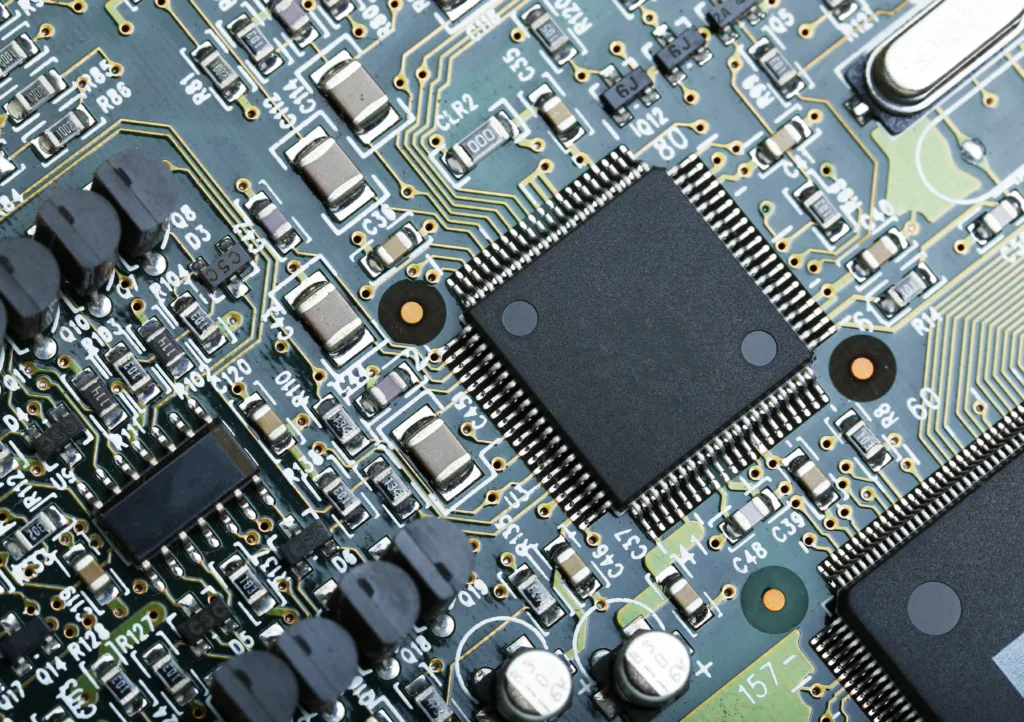One of the primary applications of the Linux Kernel is in server environments. Linux has gained immense popularity as a server operating system due to its stability, security, and scalability. The Linux Kernel powers countless web servers, database servers, cloud computing platforms, and other critical infrastructure deployments. Many major companies rely on Linux based servers to handle their online services and applications, making the Linux Kernel indispensable in supporting the infrastructure of industries such as e commerce, social media, finance, and healthcare.
Linux’s versatility also extends to the mobile industry. The Linux Kernel serves as the foundation for various mobile operating systems, such as Android. Android, being a widely adopted mobile platform, powers millions of smartphones, tablets, smart devices, and IoT (Internet of Things) devices. This makes the Linux Kernel an essential component in the telecommunications, mobile app development, and consumer electronics industries.
Moreover, it can be found in desktop and laptop computers running Linux distributions. The kernel provides a robust and customizable environment for desktop computing, making it a popular choice for developers, enthusiasts, and organizations seeking an alternative to proprietary operating systems. The Linux Kernel’s compatibility with a wide range of hardware configurations and its support for numerous software applications make it a go to option for industries such as software development, scientific research, education, and media production.
Another noteworthy application of the Linux Kernel is in embedded systems. Embedded Linux has become a prominent choice for developing software solutions for devices like routers, smart TVs, set top boxes, automotive systems, industrial automation, and Iot devices. The Linux Kernel’s small footprint, real time capabilities, and extensive driver support make it well suited for these industries.
The Linux Kernel’s open source nature and active community contribute to its continual development and improvement. With developers around the world contributing to its source code, the Linux Kernel offers enhanced security, performance optimizations, and support for new technologies. This collaborative effort ensures that the Linux Kernel remains at the forefront of innovation and can adapt to the evolving needs of various industries in the software industry.






